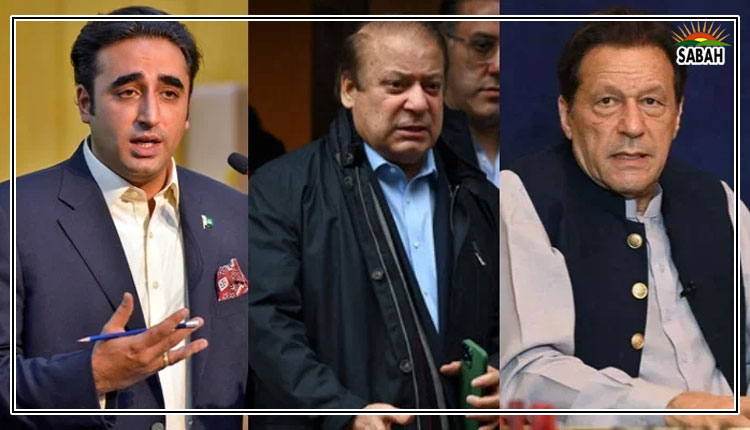What is Pakistan’s urban future?…Dr Muhammad Imran
The 2024 general election was unique in the sense that the manifestos of the major political parties (PML-N, PPP and PTI) recognized the importance of urban planning for promoting sustainable development in Pakistan. It is interesting that their manifestos promised similar institutional structures, policies and regulations, and even projects.
The PML-N, PPP and PTI promised to transform and empower the local government, which is a foundation of urban planning. They have promised to establish the local governments’ financial autonomy and administrative capacity and develop it as the third tier of government.
The PML-N manifesto even promised to merge development authorities and companies into an integrated city government responsible for transport, housing, the environment and disaster management. As an urban planning academic, I welcome these promises. We know that New York, London, Paris, and others would not appear on the global prosperity and liveability scales if they had not developed fully functioning local government systems.
The PML-N, PPP and PTI promise to prepare national and local climate change plans that guide cities Master Plans to strengthen urban planning, and to develop a comprehensive regulatory framework that addresses environmental degradation, and outlines emission targets, reporting requirements, and penalties for non-compliance.
The PPP manifesto even called the environment a human rights issue which should be addressed by integrating all aspects of policymaking and budgeting and promoting inclusive and adaptive development. All three political parties wish to promote fuel efficiency, electric vehicles and public transport to improve resilience.
Public transport has received special attention. The PML-N, PPP and PTI have a consensus to develop rail or BRT-based mass transit systems in large cities and establish a public transport system in the second- and third-tier cities to promote sustainable mobility, clean air and women’s mobility.
The PTI manifesto further promoted transit-oriented development and value capture as innovative mechanisms to fund public transport projects. China and India have used this strategy to revitalize their urban areas and develop a stable source of funding for local governments to invest in transport. Stable funding is key to promoting large-scale public transport projects.
Housing has had the attention of political parties and their successive governments over the last 75 years. Housing as a human right, shelter for all and affordable housing are key slogans targeting overcrowded and substandard living conditions in urban areas. These promises will be fulfilled by developing small towns and satellite towns, building large-scale housing projects and regularising katchi abadis. Through zoning and land use regulations, cities will implement urban boundaries, which promote mixed land use, high-rise housing and commercial development.
The importance of urban planning has not been recognized explicitly by Pakistanis institutional and political systems. One factor contributing to this is the absence of a consensus regarding cities as a subject of provincial autonomy and the absence of a federal-level urban development ministry.
The urban planning parts of the manifestos of the three major political parties are a welcome sign for Pakistan. They have a consensus on institutional reforms, policies, regulations and projects, despite their other differences. Urban planning can take Pakistan into the 21st century if these political parties sign a Charter of Urban Future. This charter is important, as urban planning and infrastructure issues take longer than any political partys tenure of five years to bear fruit.
Moreover, Pakistani cities contribute to over 70 per cent of the country’s greenhouse gas emissions. Their urban land area will double in 20242050, and building new infrastructure requires a vast amount of natural and financial resources which transform agricultural land and ecosystems and are ultimately vulnerable to climate change.
Although the ministries of climate change, housing, communication, and planning deal with federal-level urban policies, these institutions are insufficient, tend to focus on single issues, and fail to convey the multifaceted ways in which cities can shape Pakistans future. A country-level Federal Urban Commission can support parliaments and ministries in designing appropriate legislation, court systems, policies, regulations, and innovative funding mechanisms.
Micro-level urban planning happens locally under development authorities, the DHAs, municipal corporations and provincial urban units. However, local and provincial actions need to be guided by Pakistan-level analyses, reflection, and responses. The Federal Urban Commission would develop national guidelines, funding and projects that would help national, provincial and local governments coordinate their responses.
The Federal Urban Commission will work as an urban sciencepolicy-society interface to connect the dots and coordinate political and institutional systems to bring the urban revolution Pakistan needs urgently. The consensus of the parties provides clear support for developing modern urban planning institutions, policies and processes in Pakistan.
Courtesy The News












